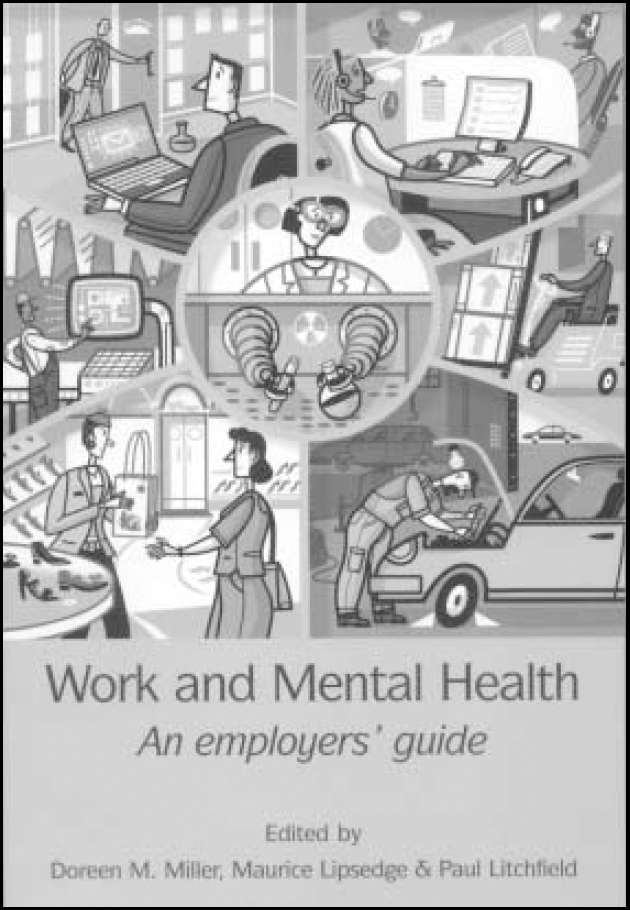
There seems to be little doubt that work plays an important role in the well-being of the population. Work is after all, just about the only thing that you can do for eight hours a day. This book, aimed at employers and occupational health workers, contains a series of articles from a string of leaflets on ‘The ABC of Mental Health for Occupational Physicians’ and presentations from a conference on ‘Mental Well-being in the Workforce - Current Practice’.
The book is divided into chapters concerned with assessing mental health problems and specific disorders written by clinicians and a series of case studies on employers’ schemes to improve practice in the workplace. The former are of value to those working in occupational health settings, but the latter may be of interest to general practitioners and those working in mental health services. The chapter on legal aspects of mental health in the workplace is particularly useful.
As with many edited books containing material written for other purposes, there are important omissions. The book has missed an opportunity to outline the importance of work and employment for those with a mental illness. Work for people with mental illness is given an important place in the National Service Framework and both getting people with mental illness into work and keeping them in employment is crucial. More importantly for this book, the National Health Service (NHS) is one of the largest employers in the United Kingdom, yet there is no mention of schemes in NHS Trusts that employ users of mental health services. These schemes not only create jobs, but also challenge many of the barriers and misconceptions about employing people with mental health problems.
Employment for those with a mental illness is of significance to the process of recovery and to social inclusion. It is important that employers, occupational physicians, general practitioners and mental health workers are made aware of these matters and liaison between these groups encouraged. This book may have a role to play in promoting this awareness and collaboration.



eLetters
No eLetters have been published for this article.